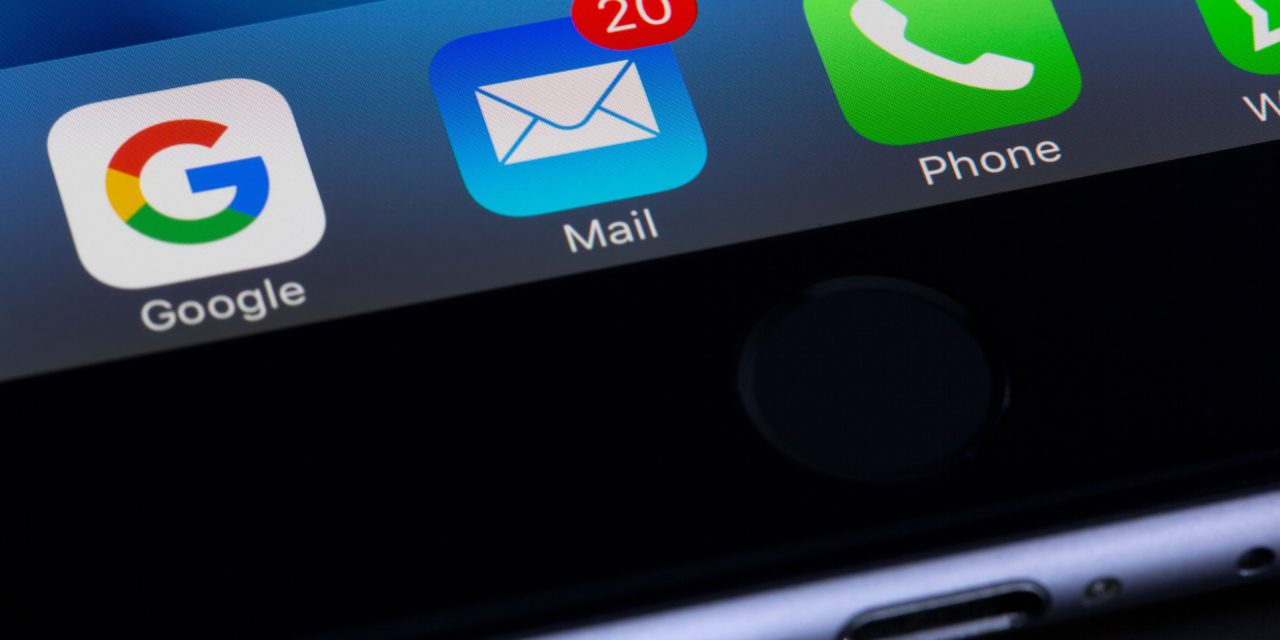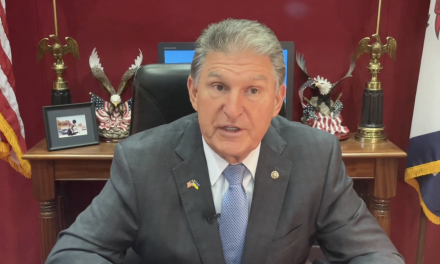The US Department of Labor has suddenly realized that employers and their employees use a newfangled means of communicating in the real world: e-mail and the internet. In a bold move proposing their latest regulations (last issued in 2002 as most people were beginning to use electronic means of communication), the DOL has proposed new rules that would enable employers and plan sponsors of retirement plans (and only retirement plans, not health and welfare plans) to use electronic communications as a safe-harbor means of providing certain ERISA-required notices. Of course, there are a number of requirements in order to use these new e-mail and internet thingys.
ERISA generally requires that certain retirement plan information be disclosed to participants and beneficiaries (e.g, summary plan descriptions, summary of material modifications, blackout notices, etc.). Historically, that meant distribution of required notices by hand (e.g. with paychecks) or by first-class mail.
For covered items, the proposed regulations would allow electronic disclosure via Internet posting for plan participants and beneficiaries with valid electronic addresses unless they affirmatively opt out. Under the 2002 rules, employees would have had to have opted-in to receive electronic notices. The ERISA plan administrator would generally be responsible for ensuring compliance with the safe harbor’s requirements, even if certain tasks are outsourced.
The safe harbor could be used for disclosures to any participant, beneficiary, or other individual entitled to receive covered documents who has provided the employer, plan sponsor, or administrator (or appropriate designee) with an electronic address such as an email address or a smartphone number. An employee with a work-related electronic address assigned by an employer is treated as having provided the electronic address. Of course, participants and beneficiaries can still request paper copies of any of the required documents and they must be timely furnished.
Participants and beneficiaries would have to be permitted to request any document in paper form (without charge) and would have the right to opt out of electronic delivery and receive only paper versions of some or all covered documents. Before using this safe harbor, the plan administrator would have to provide a paper notification of the use of this method, with information about the right to request paper versions and to opt out.
This proposed rule wouldn’t go into effect until the first year after the final regulations are issued, but in the meantime employers could optionally use the proposed rules for their retirement plan required communications. Hopefully DOL will expand the electronic disclosures to health and welfare plan notices in the near future as well.
Welcome to the 21st century, DOL.
BY GARY B. KUSHNER, PRESIDENT AND CEO, KUSHNER & COMPANY





